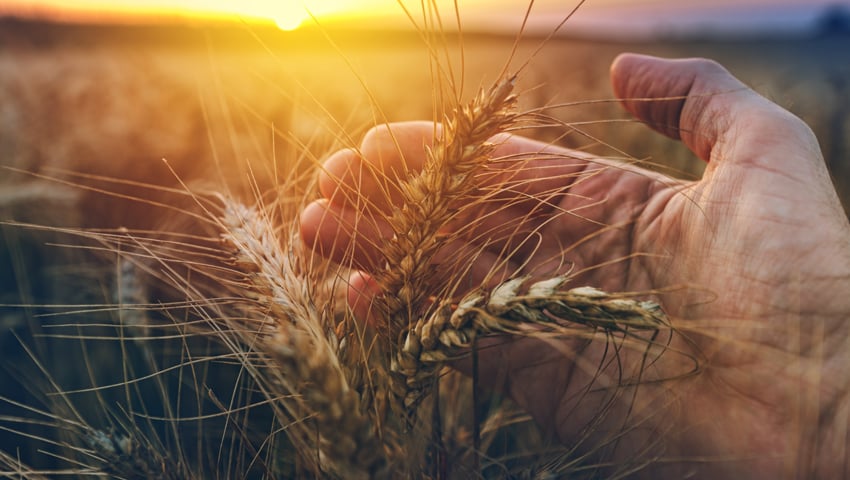Extracts from an article by the Food, Farming and Countryside Commission
AS FARMERS, business and governments across the UK look towards more sustainable farming practices, an exciting development in cereal markets could see more diverse grains make their way onto our plates. The government has announced a seven-year trial derogation making it legal to sell and trade heterogenous cereal seeds, also known as populations.
The Food, Farming and Countryside Commission (FFCC) writes that a population or heterogeneous crop contains extraordinary variation in both genes and traits, enabling it to respond and adapt to unpredictable environments. This means that individual plants across the crop are different while in standard pure line varieties, every plant is almost identical – which is what you see in a field of monoculture wheat.
52% of the UK’s cropland is used for cereal production – with wheat making up a significant majority of this – so a permanent policy change could accelerate the transition to a more diverse, resilient and agroecological farming landscape in the UK.
The FFCC spoke to farmer Fred Price about what this means for their business and the sector as a whole.
Price runs Gothelney Farm in Somerset, a small family farm that has embraced regenerative practices and an agroecological approach for the past 12 years – using mixed, rotational farming to improve soil biology, lock in carbon, explore new levers for profitability and develop meaningful relationships within what they call their “small food economy”.
He said “If you’re a farmer embedded within the commodity system, you don’t set your price. Your only levers for profitability are yield and scale. This encourages simplistic farm systems that manage yield, at scale. I’m advocating for something more diverse and complex – and the seed derogation is a really important step towards this.”
“Over the next few years, farmers like me will be responding to questions from DEFRA and the Animal and Plant Health Agency (APHA), and demonstrating that firstly, there is a benefit to having heterogeneous cereal seed and secondly, that this change to legislation is viable.”
Population crops are a lot less reliant on chemical inputs than modern breeds grown in monocultures – and are equally or more nutritious. While this might mean that yield goes down, productivity and profit go up as farmers spend less on fertilisers, herbicides and fungicides.
More diverse crops are also resilient to disease and changing weather conditions and can grow well in poorly drained or low-quality soils as the population adapts to the surroundings.
Read the full article on the Food, Farming and Countryside Commission website
